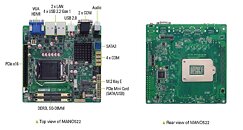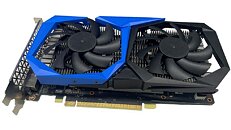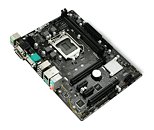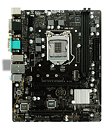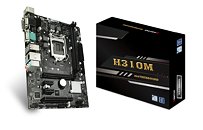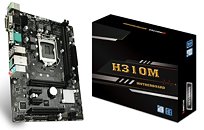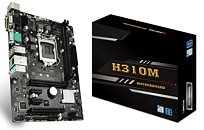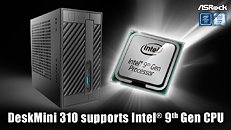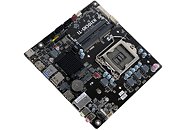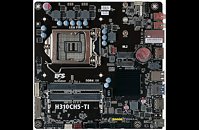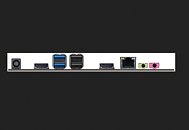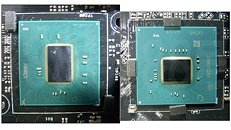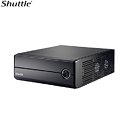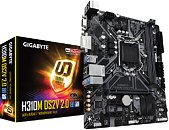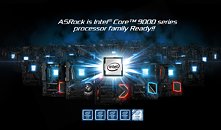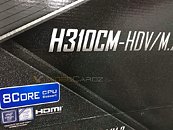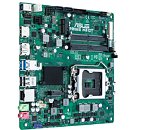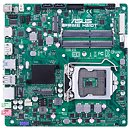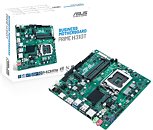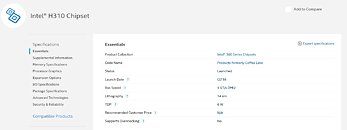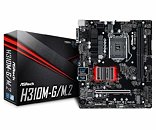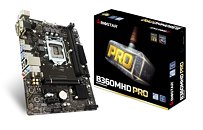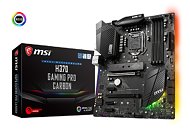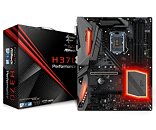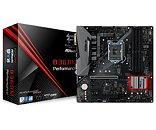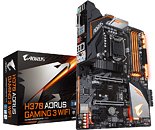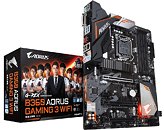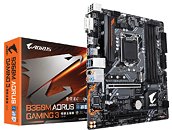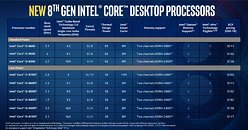Axiomtek Announces MANO522 Mini-ITX Motherboard
Axiomtek - a world-renowned leader relentlessly devoted in the research, development and manufacture of series of innovative and reliable industrial computer products of high efficiency - is pleased to announce the MANO522, a Mini-ITX motherboard powered by the LGA1151 socket 9th/8th generation Intel Core i7/i5/i3 processor (code name: Coffee Lake) with the Intel H310 chipset. With a small form factor of 17 x 17 cm, this industrial motherboard is an excellent choice for space-constrained environments. Its high computing power, 4K-ready and high expandability make it well-suited for intelligent transportation, factory automation, self-service kiosks, infotainment, and digital signage.
"Axiomtek's MANO522 is a great embedded board for industrial edge computing applications which require high-resolution graphics and reduced energy consumption," said Michelle Mi, the product manager of the Product Planning Division at Axiomtek. "This industrial motherboard is integrated with Intel integrated Gfx graphics engine with UHD 4K resolution and provides rapid video acceleration and dual-view capability through the VGA, HDMI and LVDS. To ensure reliable operation, the MANO522 has a wide operating temperature range of 0°C to 60°C. It also supports watchdog timer and hardware monitoring and offers Trusted Platform Module 2.0 (TPM 2.0) for optimum security."
"Axiomtek's MANO522 is a great embedded board for industrial edge computing applications which require high-resolution graphics and reduced energy consumption," said Michelle Mi, the product manager of the Product Planning Division at Axiomtek. "This industrial motherboard is integrated with Intel integrated Gfx graphics engine with UHD 4K resolution and provides rapid video acceleration and dual-view capability through the VGA, HDMI and LVDS. To ensure reliable operation, the MANO522 has a wide operating temperature range of 0°C to 60°C. It also supports watchdog timer and hardware monitoring and offers Trusted Platform Module 2.0 (TPM 2.0) for optimum security."
